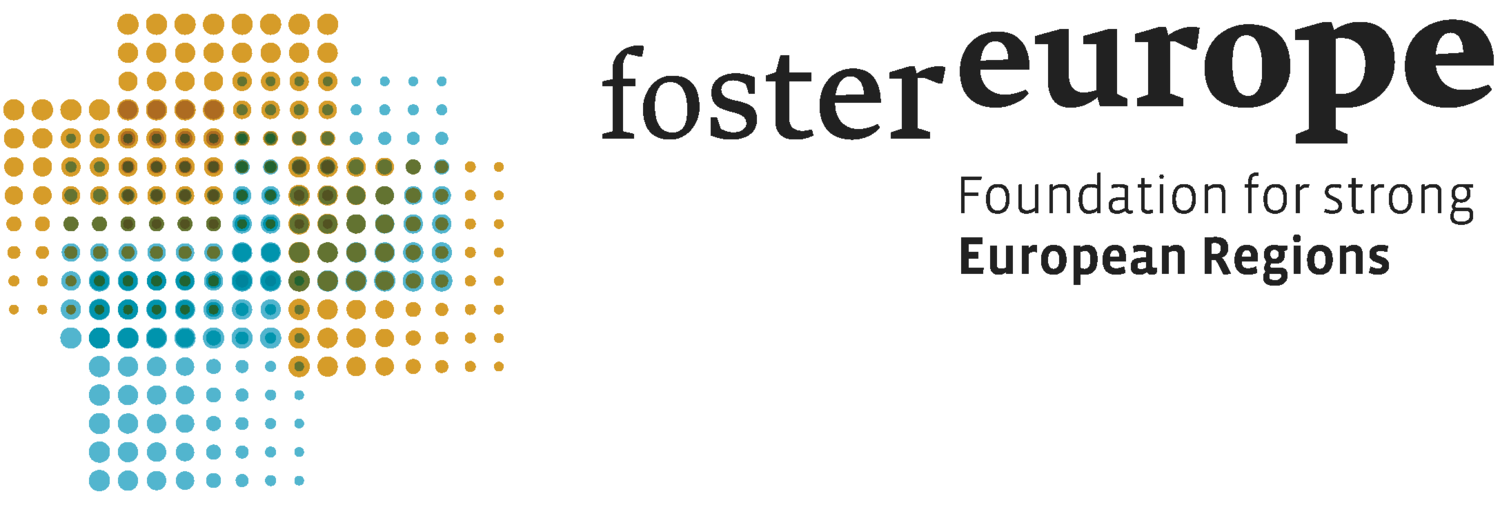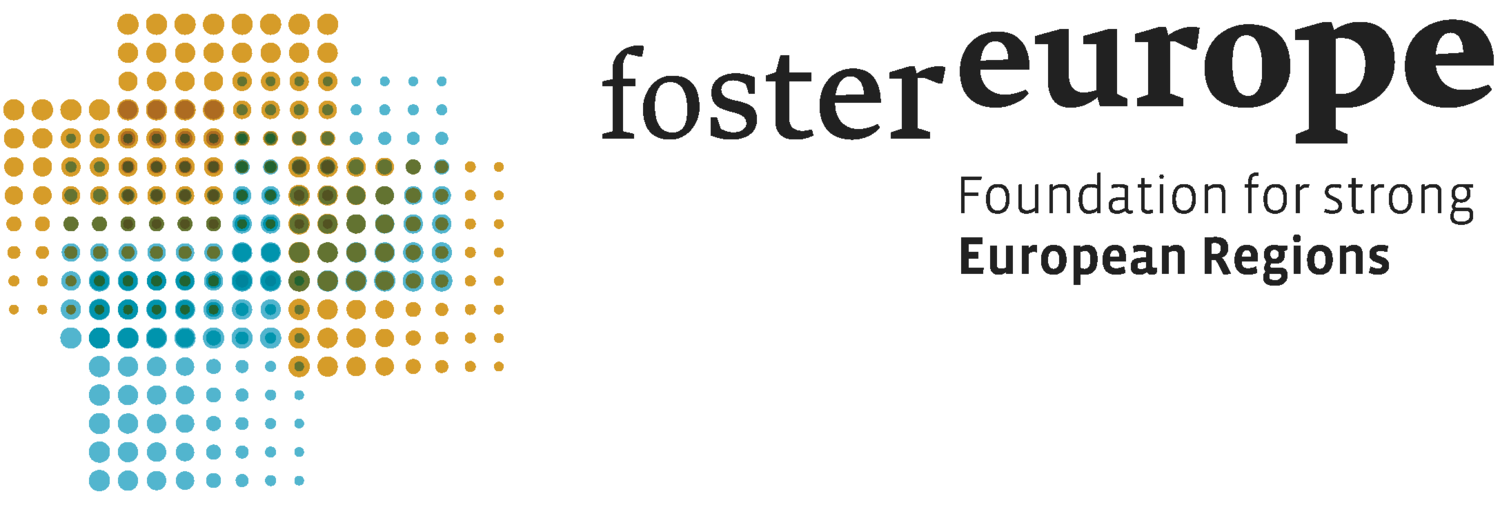Non Paper on Macro-Regional Strategies
EU MACRO-REGIONAL STRATEGIES
LABORATORIES FOR A NEW EUROPE
A QUALIFIED NON-PAPER BY KEY STAKEHOLDERS IN THE FOUR MACRO-REGIONAL STRATEGIES
Anders Bergström, EUSBSR Policy Area “Education” and Horizontal Action “Capacity” coordinator, Norden Association, Sweden
Peter Eggensberger, Bavarian Coordinator EUSALP, Bavarian State Ministry of the Environment and Consumer Protection, Germany
Andreja Jerina, National Coordinator EUSALP, EUSAIR, EUSDR, Ministry of Foreign Affairs, Slovenia
Stefan August Lütgenau, President of the Danube Civil Society Forum, EUSDR, Director Foster Europe Foundation, Austria
Claudia Singer, EUSDR Priority Area Coordinator PA 10 Institutional Capacities & Cooperation, City of Vienna, Austria
This non-paper emerged as a response to the request of the Chairman of the REGI Committee to a group of representatives of the four EU macro-regional strategies, during a meeting in Strasburg on November 25, 2019, to bring clarity into understanding of their contribution and insights from their implementation.
The macro-regional strategies come with a crucial and unique contribution to the evolution of the European project – through their participative nature, collaborative spirit, open information flows and flexible implementation formats.
The European Union is in transformation; overcoming stagnant realities of the Eurosclerosis and reforming the Union for better fit for the 21st century is what preoccupies European politicians and the European Commission. The Green Deal, the UN Sustainable Development Goals and the New Push for Democracy are three beacons that will guide us on the way to a new, integrated Europe. However, none of those are possible to achieve unless we use the spirit and collaborative tools that the macro-regional strategies bring to the table and EU citizens on the ground
The four macro-regional strategies today (EUSBSR, EUSDR, EUSAIR and EUSALP) reach out to 19 member states, 9 third countries including all applicant states, with a population of 236m inside and 33,5m outside of the Union. By now they are firmly embedded in the EU’s institutional framework as an important and innovative factor in promoting EU Cohesion and Enlargement agenda. By design, the Strategies are connecting between sectors and disciplines, nations (even where there are open political issues), regions and municipalities. As they mature, the circle of stakeholders participating in macro-regional implementation formats substantially expand to include academia, economic entities and civil society – de facto bridging the participation gap between citizens and the EU.
Please find the Non Paper on Macro-Regional Strategies here below:
Non Paper on Macro-Regional Strategies for EP REGI Chair.pdf

